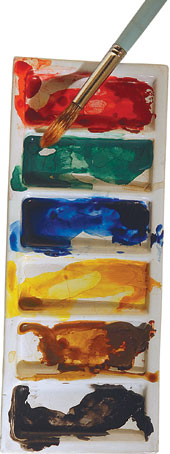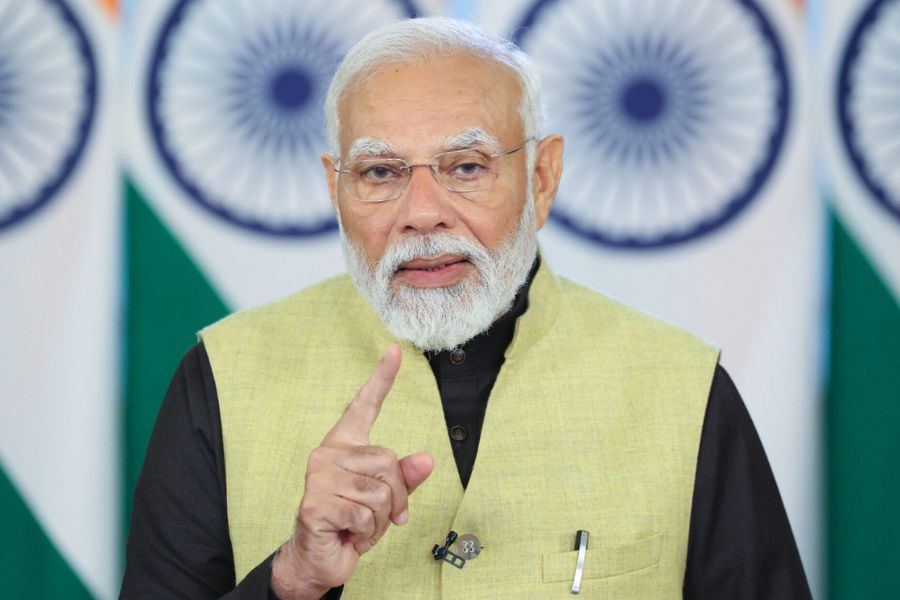 |
Indians being discriminated against in places like South Africa is old hat now. It existed even before the famous incident involving Mahatma Gandhi. And it continues. Very recently, ethnic Indians Salim Moosa and his brother-in-law Shaheem Kadwa, who were running a shop in the Gugulethu township near Cape Town, were told to pack up and leave as they were depriving black Africans of a chance to earn their livelihood.
Discrimination in the West is also old hat. These columns have earlier written about a study by the University of Chicago Graduate School of Business titled ?Are Emily and Greg More Employable than Lakisha and Jamal?? The conclusion: a person with a white-sounding name is more likely to gain employment or, at least, get a positive response to his job application. That?s in the US. In the UK, the story is the same.
Now comes evidence from the new frontiers ? Australia and New Zealand ? that the story is being repeated there too. According to a recent University of Auckland School of Business study, there are ?ethnic penalties? for people with Indian or Chinese names. This bears out other studies in Australia. According to the Federation of Ethnic Communities? Councils of Australia: ?There is systemic discrimination, racism or stereotyping by potential employers, and (if in employment) by fellow employees in many industries.? And this is despite the fact that most of the immigrants have higher educational qualifications, skills and IQ levels, and financial resources. The people getting into these countries are not boat people from Vietnam, but graduates from the IITs and other engineering colleges. They learn too late that they are no better off than their predecessors who went to America a century ago.
What does the New Zealand study show? The project was conducted by sending fictional CVs to HR personnel of top companies. The findings, as reported by the New Zealand Herald are:
When immigration status was included on the CVs given, not a single new Asian immigrant was shortlisted.
When immigration status was left off, having a Chinese or Indian name significantly raised chances of being considered ?unsuitable?.
Chinese names were more ?unsuitable? than Indian.
| NOT AN EQUAL WORLD |
| Categories in which Asians face maximum discrimination in the US (%)* |
| • Labourers 43.6 |
| * Risk of discrimination each time a job opportunity is sought in the profession |
| Source: Rutgers study, ‘The Reality of Intentional Job Discrimination in Metropolitan America’ |
It?s small consolation for Indians that there are others who suffer more from this discrimination. And, if truth be told, everyone seems to be collaborating in an effort to wish away the truth. The newspapers are full of how Indra Nooyi may soon become worldwide chief of Pepsi. Bharat Kumar, who is po-unding the streets of Manhattan looking for a job, isn?t mentioned anywhere.
There is the traditional solution, of course,? says Vijay Vasudevan, professor at the University of Cincinnati. ?Stay in academics.? There is far less discrimination there. Indeed, Indians have made it to the very top in many US and Australian colleges.
Vasudevan has another spot of advice. He and others who have been following trends in the US the past 25 years say that a better route to the top is to join a multinational subsidiary in India itself. Within such organisations ? as in academics ? there is a great deal of awareness of job discrimination and both culture and procedures are in place to prevent it happening.
Of course, you have to choose the right company: organisations like IBM, Citibank or Unilever that believe in job mobility. Stick to it and try to get as many geographically disparate assignments as possible. With India?s increasing importance as a market, there is some chance you will become the global CEO eventually. But don?t jump for every Canadian or Australian citizenship offer. The grass may look greener on the other side of the fence. But that?s not the relevant colour. More important is the colour of your skin.











